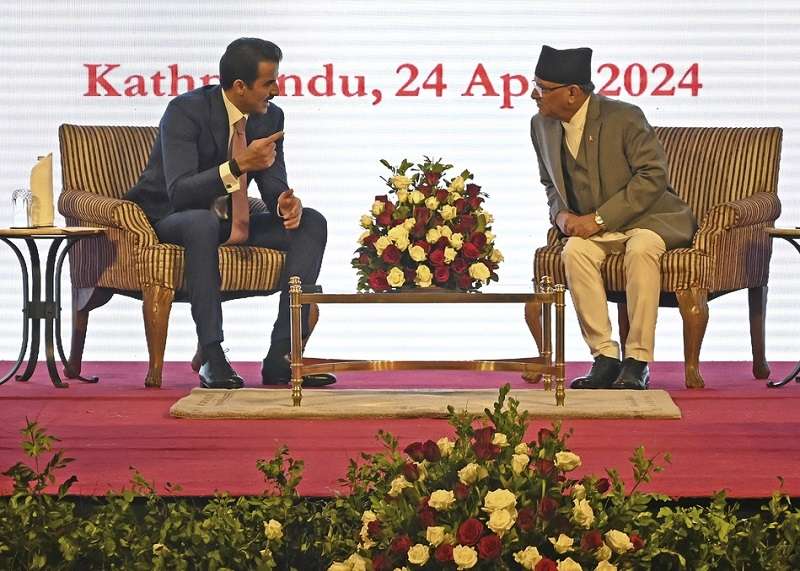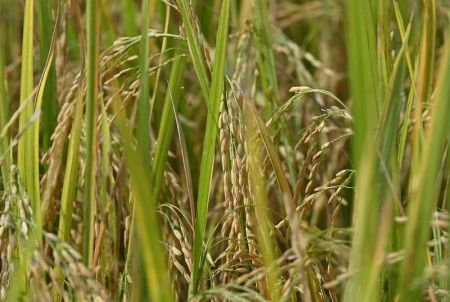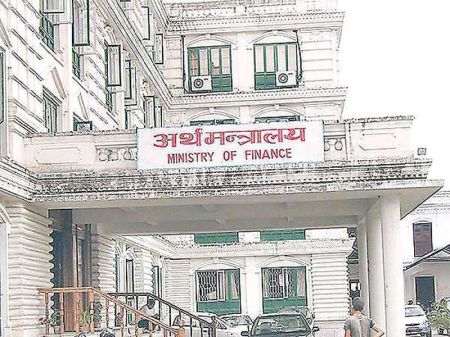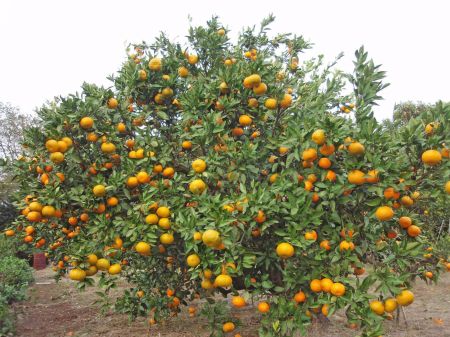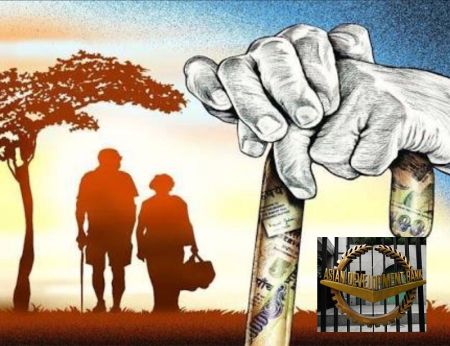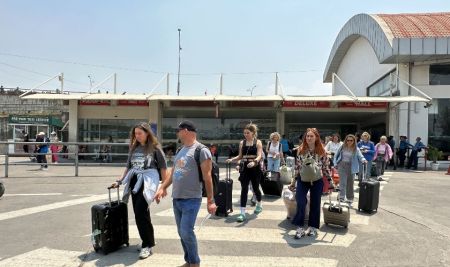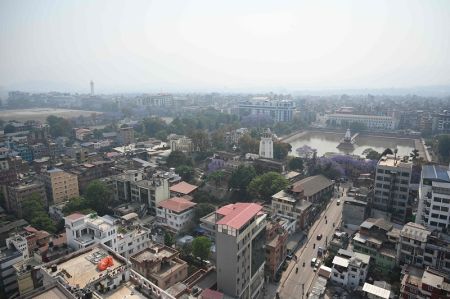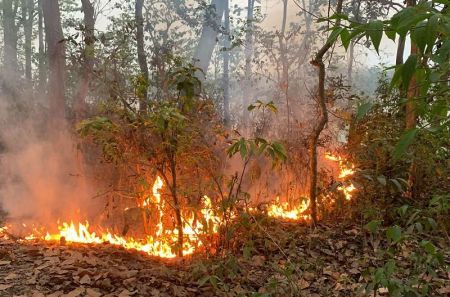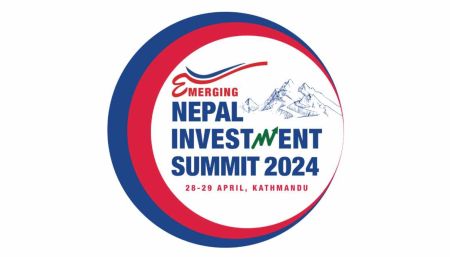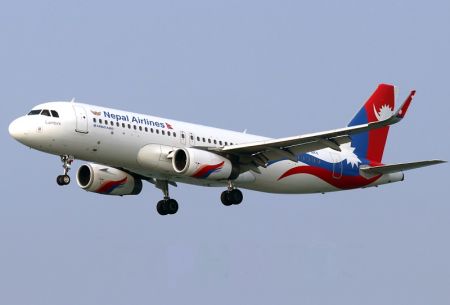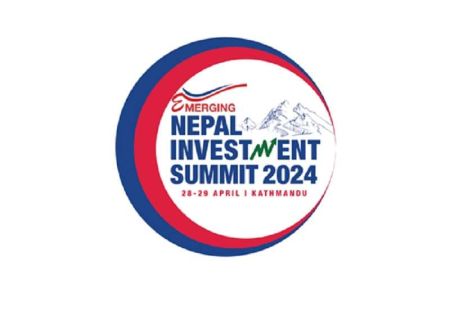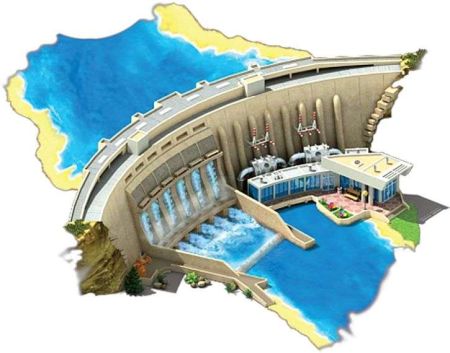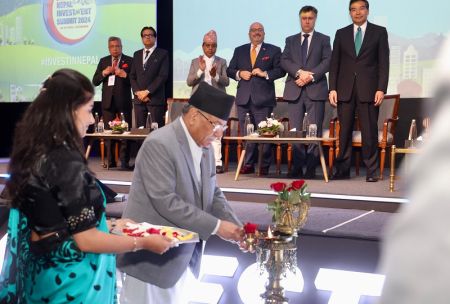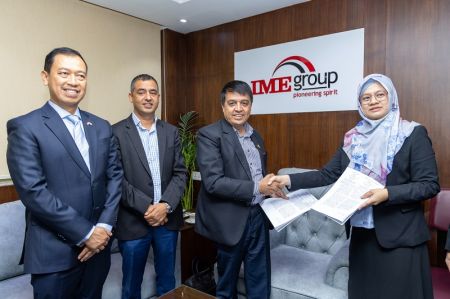April 25: Nepal took the initiative for the export of bottled drinking water to Qatar during the recent state visit of Qatar's Emir Sheikh Tamim bin Hamad Al Thani to Nepal.
At a time when Qatar and other Gulf countries are facing severe shortage of drinking water, Nepal, which is rich in water resources, is looking for the possibility of exporting water to the oil-rich nation. The Trade and Export Promotion Center’s data shows that Nepal has exporting bottled water in some quantity to India and Japan.
Prime Minister Pushpa Kamal Dahal’s International Affairs Adviser, Rupak Sapkota, informed New Business Age that a formal discussion was held with the Qatari Emir for the first time from the prime minister's level.
"During the bilateral talks, Prime Minister Pushpa Kamal Dahal himself asked to open the door to export water to Qatar as there is sufficient source of pure drinking water in Nepal," Sapkota told New Business Age, adding, "There is a great potential to export water from Nepal. The government received a 'green signal' for exporting water from Nepal to Qatar.”
A senior official of the Ministry of Foreign Affairs informed that there was a positive discussion on the agenda for the export of drinking water.
"Even though there was no concrete agreement for water export, the two sides reached an understanding to continue efforts to reach an agreement to export water. We hope that we will finalize this matter soon," said Amrit Bahadur Rai, joint secretary and spokesperson for the Ministry of Foreign Affairs.
According to the World Research Institute, Bahrain, Cyprus, Kuwait, Lebanon, Oman and Qatar are the most water-scarce countries in the world. According to the recently published report of the institute, the demand for water for domestic use, agriculture and industrial sectors is increasing but the supply is low and there is a shortage in those countries.
According to the institute, 83 percent of the population in the Middle East and North Africa does not have enough water, while 74 percent of the population in South Asia is suffering from water problems.
A report published by the Time magazine in January also mentions there is a water scarcity in Bahrain, Kuwait, Oman, Qatar, Saudi Arabia and the United Arab Emirates. In particular, Saudi Arabia is now the world's third largest per capita water consumer after the United States and Canada.
According to a study conducted by the Policy Research Council in 2019, countries in the Gulf Cooperation Council (GCC), including Qatar, spent USD 172.3 million to import bottled drinking water in 2018.
The study also mentions that the market for such water is flourishing. Altogether 19 billion liters of bottled water were sold in these countries in 2018 and its demand is estimated to reach 25.4 billion liters by 2024. Stakeholders say that there is an opportunity for Nepal to export water from the mountains as the shortage of drinking water in the Gulf nation increases.
Mukti Shree Pvt Ltd is exporting water from Nepal to foreign countries. The director of the company, Arunraj Sumargi, told New Business Age that the company is exporting more than 120,000 bottles of water daily to countries such as the USA, Japan, and Korea.
"We have started preparations for water export targeting Middle East countries by adding plants. We are preparing to increase the production in a few days," he said.
The Sumargi family is considered close to Prime Minister Dahal. He said that the government's discussion with Qatar for the export of water was positive. According to him, there are some challenges in export.
"It is very difficult to maintain international standards for production and export of water," he said, adding that Nepal exported water to two countries – India and Japan – in the current fiscal year.
As of mid-March this year, the country exported bottled water worth Rs 1.5 million to India and Rs 2 million to Japan.
In the year 2078/79, Nepal exported 18,403 liters of water to Qatar and earned Rs 2.5 million. In the following years, Nepal did not export any water to Qatar.
Besides the issue of water export, Nepal raised the concerns about the safety of its migrant workers and labor contract renewal during the visit of the Qatari Emir, but there was no significant achievement.
Rai, the joint secretary of the Ministry of Foreign Affairs, said, "Despite intensive discussions on labor issue, we could not reach any agreement. However, the two countries have decided to continue the talks. The initiative will continue through the embassy.”
Although the two countries had signed a labor agreement in 2005, it has not been revised. Nepal has been put forth conditions such as wage hike, full-time insurance, and increase in quota of workers. However, these issues have yet to be resolved by the bilateral negotiation team.
A statement issued by the Prime Minister's Secretariat after a bilateral talks on Wednesday mentions that the Qatari side wants to work together with Nepal to increase the number of workers and is willing to cooperate on the matter.
Similarly, during the visit of the Emir of Qatar to Nepal, the government raised the issue of expanding the air service between the two countries. Sapkota informed Nepal and Qatar agreed to form a team and discuss the cooperation of air connectivity, especially since the Prime Minister himself proposed to expand the flights of Qatar Airways to Pokhara and Bhairahawa. Government officials say that Prime Minister Dahal and the Emir of Qatar discussed investment in Nepal in sectors such as labor, infrastructure, energy, education and transportation, along with water.


